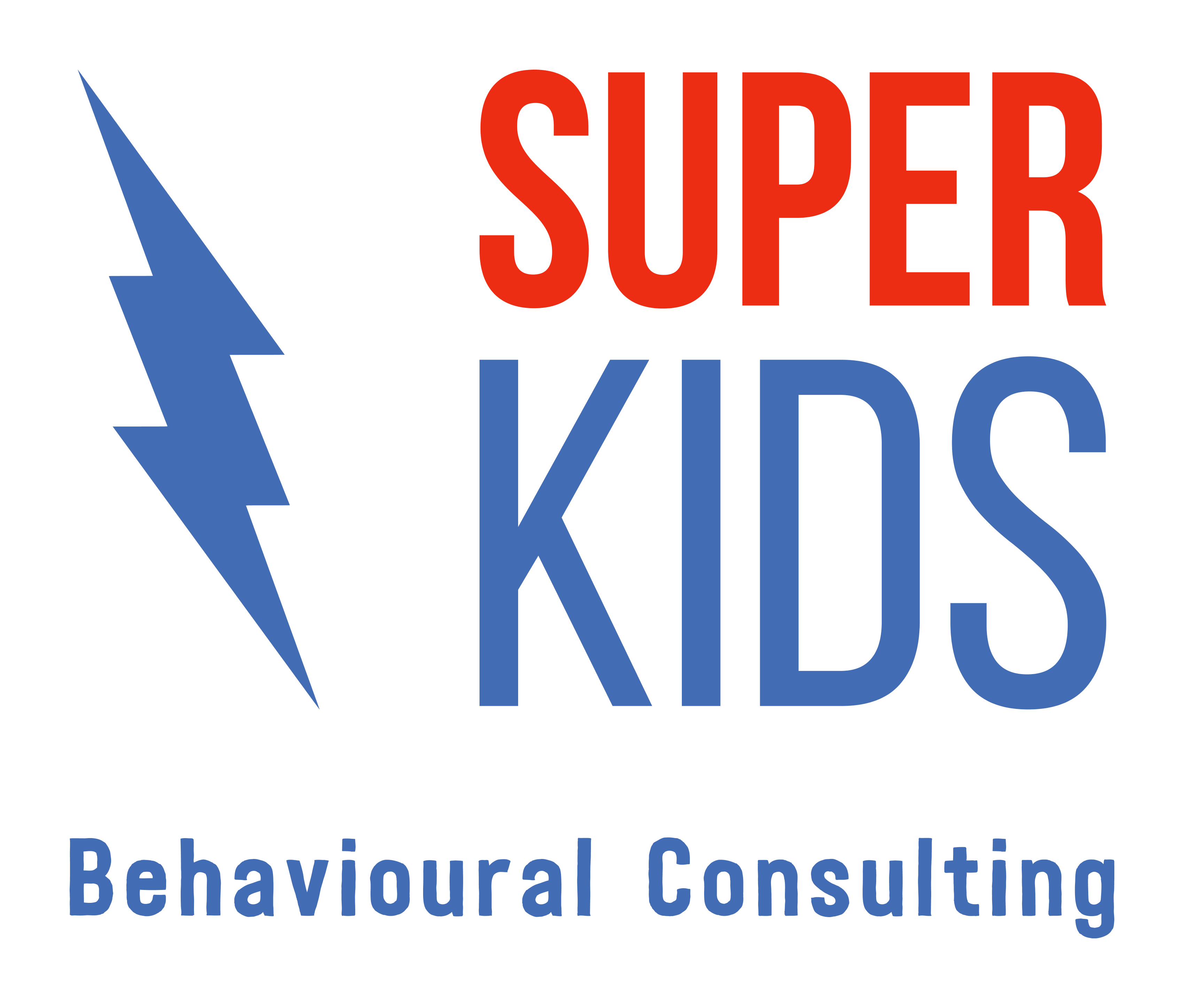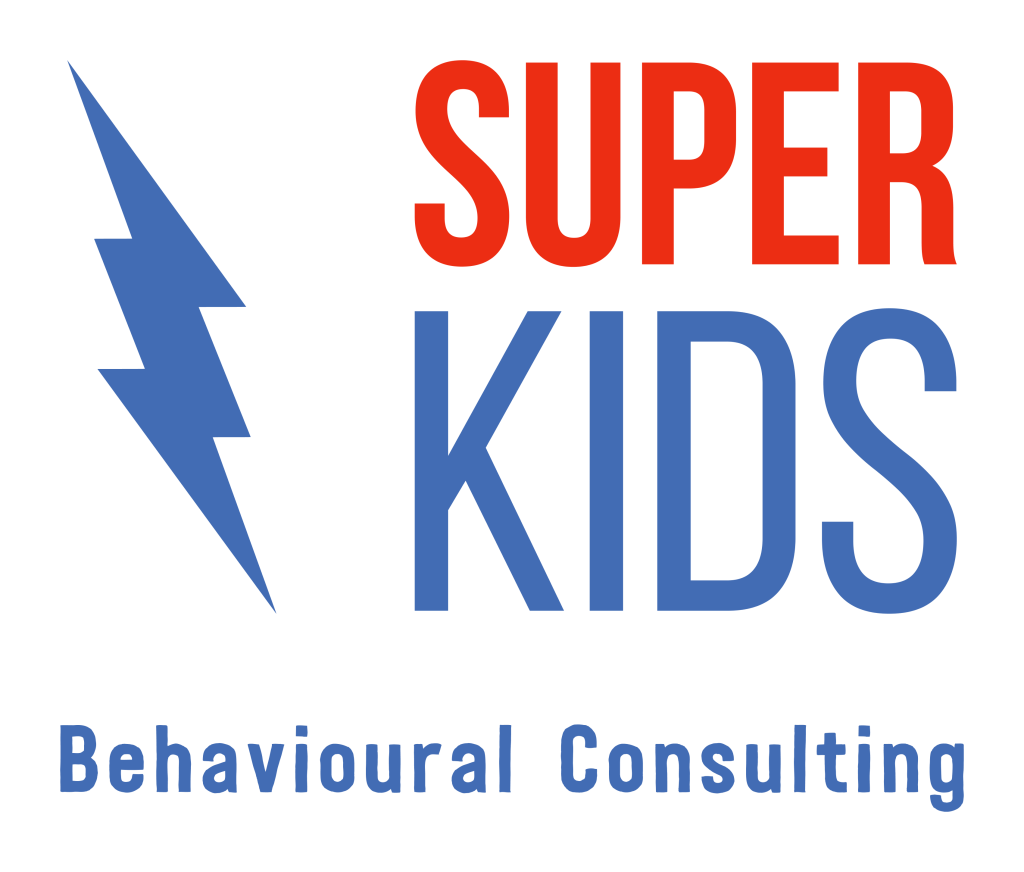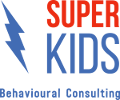What makes a good ABA therapy or Early Intensive Behavioural Intervention (EIBI) service provider?

Renee Collins
CLINICAL DIRECTOR

What is Early Intensive Behavioural Intervention (EIBI)?
Early intensive behavioural intervention (EIBI) is an evidence-based, comprehensive therapy for Autistic children based on the principles of ABA. Is has been shown to be associated with the most dramatic improvements in prognosis for Autistic children (Eldevik, Hastings, Hughes, Jahr, Eikeseth, & Cross, 2009; Lovaas 1987; Peters- Scheffer, Didden, Korzilius, & Sturmey, 2011). The goal of EIBI is to change a child’s learning trajectory so that the child’s rate of learning approaches that of a typically developing peer. EIBI is characterized by the following:
Early: Intervention begins as soon as a diagnosis is confirmed. EIBI may produce the greatest gains when intervention is started before age 2
Intensive: Intervention is provided for no less than 20 hours per week, with some studies recommending 30-40 hours per week
Behavioural: Intervention is focused on the objective identification of skill deficits and behavioural excesses, and the use of teaching tactics derived from ABA to build functional skills.
Tips for finding a good ABA therapy or EIBI service provider for your family
Early Intensive Behavioural Intervention (EIBI) is a type of therapy that is offered to children with autism which is based on the science of Applied Behavioural Analysis (ABA). Finding the right Early Intensive Behavioral Intervention (EIBI) or ABA therapy service for your child can be a daunting process, and every family’s needs are different. Some providers falsely claim they are providing ABA services, are not adequately supervised or provide watered-down ABA. These are some important factors that can help guide families in the right direction when seeking an EIBI service. What’s most important is not just finding any EIBI service but one that can be tailored to you and your child’s specific needs.
The Behaviour Consultant or ABA Program Supervisor is a CBA or BCBA
A Certified Behaviour Analyst (CBA) or Board Certified Behaviour Analyst (BCBA) is a practitioner who is fully educated and competent in providing expert advice on behaviour change within Australia. These certifications indicate that the practitioner has completed the gold-standard of experience and education in Behaviour Analysis and has the highest level of credential within Australia. It means that the Behaviour Consultant or Program Supervisor you’re working with has the minimum level of knowledge and experience required to supervise Behaviour Analytic programs. Certification not only includes education and experience, but also maintenance of ethical standards under the ABA Australia Code of Ethical Practice and ongoing professional development to maintain their expertise throughout their career. At Super Kids, all of our Behaviour Consultants are CBA’s and participate in extensive professional development and education opportunities. You can find out if a practitioner is certified through an online search.
- Certified Behaviour Analyst (CBA) – visit the ABAA certificate registry and search for a practitioner by name. This will indicate if they are certified by ABAA and at what certification level.
- Board Certified Behaviour Analyst (BCBA) – you can visit the Behaviour Analyst Certification Board (BACB) Certificant Registry to check if the person is certified
Values First Approach
Your child should always be the focus and priority. It is important that the ABA therapy service providers understand your child and their behaviour before attempting to change it. The priority should be “how can we make their life better?”. They should also want to foster joy for the individual, however they experience it. A Values First approach is a process that empowers the child or autistic person and seeks to reduce distress & discomfort throughout; which champions building a trusting relationship between clinicians and the child. It is also a process that is trauma-assumed. This approach will prioritise your child’s safety, dignity, and rapport with the person their spending time with. After this, you should then consider progress towards the child’s goals and what they need to be happy and healthy.
Open Door Policy
An open-door policy is important. Parents should feel encouraged to be actively involved in their child’s sessions. This means they can sit in the room if they wish, observe the sessions, and be as involved in the therapy process as they would like. This transparency fosters trust for the child and carers and allows parents to learn from the sessions to better support their child.
Open and Honest Communication
Clear and open communication is extremely important when deciding what EIBI service fits your needs. Parents should have access to all appropriate information about their child’s treatment plan, progress and any changes in the program. The way that the therapy provider communicates with families may vary, but common ways include feedback before, during or after a therapy session, meetings with the therapy team to discuss goals, strategies, and concerns or communication via email. At Super Kids, we encourage parents to provide feedback to the therapy team every therapy session and usually have a monthly team meeting with all members of the Super Kids ABA team, as well as any external service providers, such as speech therapists or occupational therapists.
Family-Centered Goal Setting
ABA therapy or EIBI services should recognize and respect the insights of parents. After all, they know their child better than anyone else. When choosing an EIBI provider it is important that their approach involves collaborating with parents in developing and adjusting the treatment plan to suit the unique needs of the child and the family. Parents should feel confident that their concerns are taken seriously. The service provider you choose should have a clear process for addressing concerns, and staff should be receptive and responsive to any issues that arise. Constructive feedback and open dialogue are very important! Empathy and patience from a service provider is incredibly important when finding a therapist to support your child and family. Compassionate and understanding staff can provide invaluable support during the process.
Schedule & Convenience
ABA programs are intensive, so remember to consider:
- the location of the ABA service provider (if they’re in Sydney) and if they provide remote supervision out-side of Sydney
- travel time (yours and your therapist’s, particularly if there is a travel charge)
- whether the provider offers flexibility (home, school, daycare and/or centre-based programs)
- the number and level of therapeutic hours (number of hours you will get with behavior therapists versus senior behaviour therapists); and,
- whether the provider offers other services (i.e., speech pathology or occupational therapy).
Finding a good Early Intensive Behavioral intervention can be a journey. It’s important to remember that there ARE people that you can reach out to that can help with this process.
Some great resources are:
Autism What’s Next – Early intervention | Autism: What next?
Autism What’s Next provides a simple step-by-step guide on how to access information, therapies and support.
Autism Awareness Australia – Therapies & Support programs | Autism Awareness Australia
Autism Awareness Australia offers a user friendly website and workshops, making it simple for families to access important information and resources about Neurodiversity.
Autism Pathways – https://autismpathways.org.au/
Super Kids acknowledges each individual’s personal preference to use identity-first or person-first language to describe themselves or their loved one. We interchangeably use both language conventions and therefore refer to both Autistic children and children with Autism.






